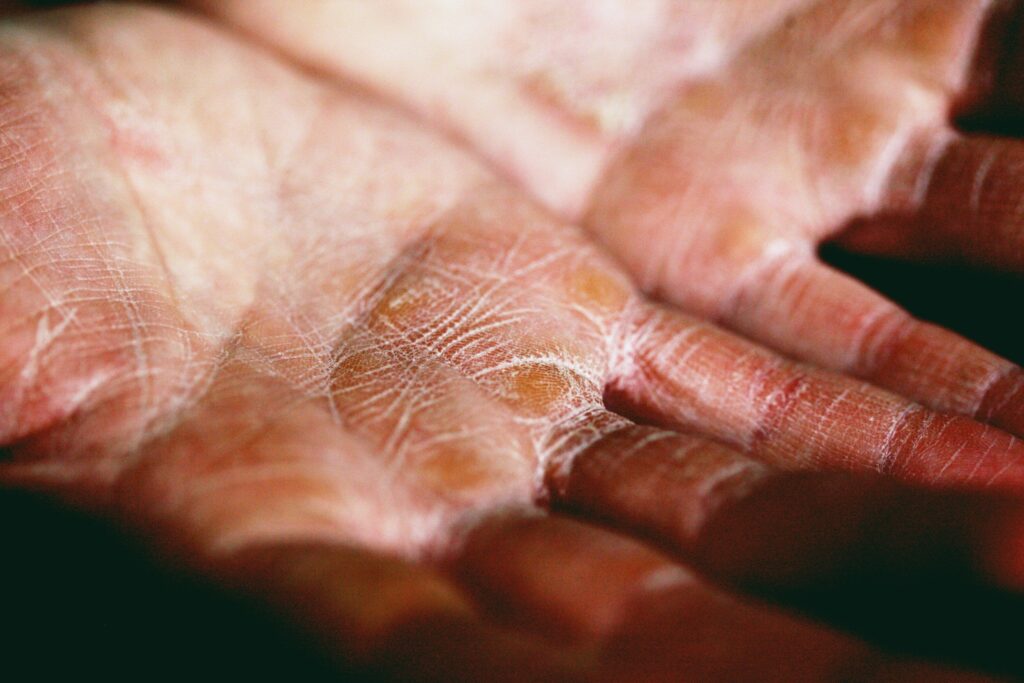Eczema: Managing a Chronic Skin Condition
Eczema, or atopic dermatitis, is a chronic condition that causes red, itchy, inflamed patches of skin. It can significantly affect your quality of life, especially during flare-ups. While there is no cure for eczema, various treatment options and lifestyle changes can help manage symptoms and reduce flare-up frequency.
Causes and Triggers of Eczema: Eczema is thought to result from a combination of genetic and environmental factors. Those with a family history of allergies, asthma, or other skin conditions are more likely to develop eczema. Environmental triggers such as pollen, dust mites, pet dander, and certain foods can lead to flare-ups.
Common triggers include:
- Irritants: Harsh soaps, detergents, and fragrances can worsen eczema symptoms.
- Allergens: Pollen, mold, pet dander, and dust mites are common allergens.
- Weather: Cold, dry weather or hot, humid environments can dry out skin, leading to irritation.
- Stress: Emotional stress can trigger eczema flare-ups or worsen existing symptoms.
Symptoms of Eczema: The primary symptoms of eczema include:
- Red, inflamed patches of skin
- Itching, which can range from mild to severe
- Dry, scaly skin
- Cracked or weeping skin, which can lead to infections
Managing Eczema:
- Daily Moisturization: Moisturizing is essential to prevent dryness and irritation. Use thick, fragrance-free creams or ointments rather than lotions. Apply moisturizer immediately after bathing to lock in moisture.
- Identify and Avoid Triggers: Keeping a journal to track potential triggers can help you avoid them. For example, if certain fabrics or detergents exacerbate your symptoms, consider switching to hypoallergenic products.
- Medications and Treatments: Over-the-counter hydrocortisone creams can help alleviate itching and inflammation. For more severe cases, your dermatologist may prescribe stronger topical steroids or topical calcineurin inhibitors, which reduce inflammation and prevent flare-ups.
- Stress Management: Since stress is a common trigger, practicing relaxation techniques like deep breathing, meditation, and yoga can help manage flare-ups and promote overall well-being.
When to See a Doctor: If eczema becomes severe, leads to skin infections, or doesn’t respond to over-the-counter treatments, it’s essential to consult a dermatologist. They may recommend advanced treatments like phototherapy or biologic medications, which work by targeting the immune system to reduce inflammation.



